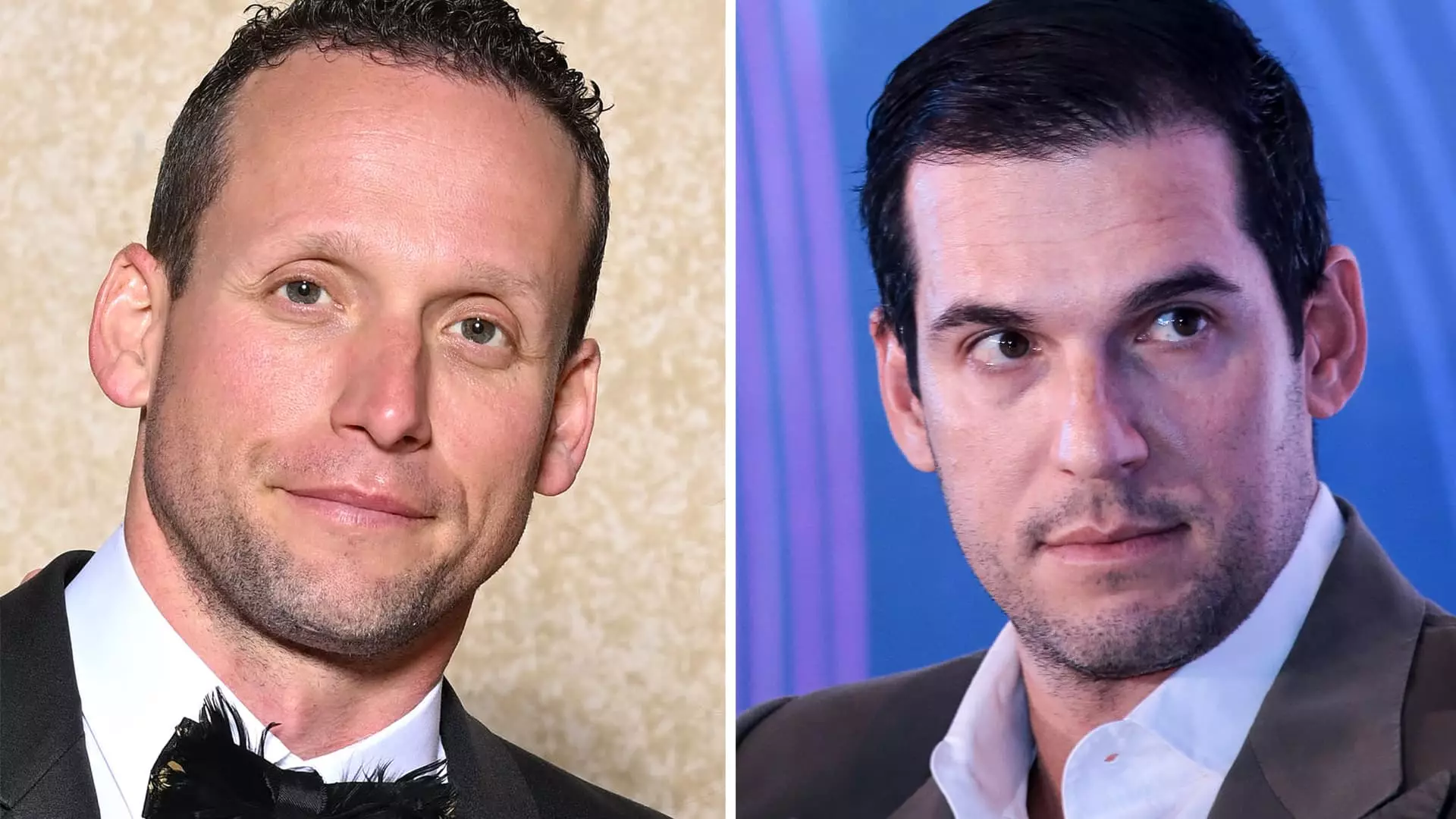Recent revelations surrounding the Alexander brothers, Tal and Oren, alongside their sibling Alon, have painted a particularly grim portrait of their once-flourishing careers in the Manhattan luxury real estate market. What was once a realm of high-profile transactions and prestigious listings now faces scrutiny due to serious federal accusations that could reshape public perception of the industry as a whole. The indictment alleging a history of drugging and sexually assaulting dozens of women over more than a decade raises profound questions about privilege, power, and the systems that often protect those in affluent circles.
The federal indictment unsealed in New York is a troubling exposé that accuses the Alexander brothers of orchestrating a sex trafficking scheme that spanned many years. Prosecutors assert that the siblings used their wealth and social status to attract women to luxurious locales, only to subject them to predatory and brutal behavior. Allegations include drugging victims, coercing them, and using physical force to execute heinous acts of violence. These revelations challenge the facade of sophistication and success that often surrounds elite members of society, reminding the public of the dark undercurrents that can exist within powerful circles.
The indictment’s timing—coming to light after a series of civil lawsuits—suggests mounting pressure for accountability. The unsealed documents paint a disturbing image of not just individual acts of violence, but a systematic approach to exploiting vulnerability through deceit and manipulation. The emotional toll on victims, many of whom have bravely stepped forward in civil cases, is staggering, highlighting a societal plight that frequently gets overshadowed by the allure of wealth and status.
The allegations against the Alexander brothers serve as a stark reminder of the intersecting dynamics of privilege and accountability. U.S. Attorney Damian Williams described the alleged actions as “heinous,” emphasizing a potential ongoing risk these men may pose to the community if released. The insistence on their continued detention reflects a deeper fear that those with means can evade justice, a concern echoed in numerous public discussions about sexual assault cases involving affluent individuals.
Moreover, this case raises critical questions about the role of institutions, such as law enforcement and the legal system, when addressing crimes of this nature. Are they equipped to confront the complexities of power and influence? Are they capable of guarding against potential obstructionist tactics employed by the wealthy? As the investigation unfolds, the legal system faces scrutiny not only in its handling of this specific case but in how it traditionally engages with cases of sexual violence overall.
In the wake of this alarming situation, advocates for victims of sexual assault are rallying for change. A collective call for accountability resonates within the community—a desire for a system that upholds justice regardless of an offender’s societal status. Legal representatives for the alleged victims have expressed hope that the Alexander brothers will face the consequences of their alleged actions. The courageous voices of survivors who have come forward underscore a broader narrative of empowerment, shedding light on the long-standing struggle of individuals attempting to reclaim their narrative in a society that too often silences them.
David Gottlieb, an attorney representing several plaintiffs in civil lawsuits involving the brothers, articulated the triumph in survivors finally receiving a measure of accountability: “We applaud all the survivors who have had the strength and courage to speak up about their unimaginable experiences after years of pain and suffering.” This rallying cry emphasizes the importance of amplifying survivors’ voices and demanding systemic change.
Beyond the details of this specific case, the unfolding events urge a national reflection on the mechanisms available to victims of sexual violence. There is an imperative need for comprehensive support systems, ranging from encouraged reporting to educational programs that promote understanding and prevention. Societal norms must shift to empower those who suffer in silence, ensuring they have access to resources that can facilitate both healing and justice.
The Alexander brothers’ situation serves not only as a cautionary tale but as a call to arms for individuals and communities striving for a world where status cannot shield wrongdoing. The judiciary’s response and the community’s support for survivors will ultimately reflect how society navigates the challenging confluence of power, privilege, and the pursuit of justice in the realm of sexual violence. As we await the legal process’s unfolding, it is crucial to underscore the complete humanity of survivors and the shared responsibility in fostering a culture where every voice is heard and valued.

